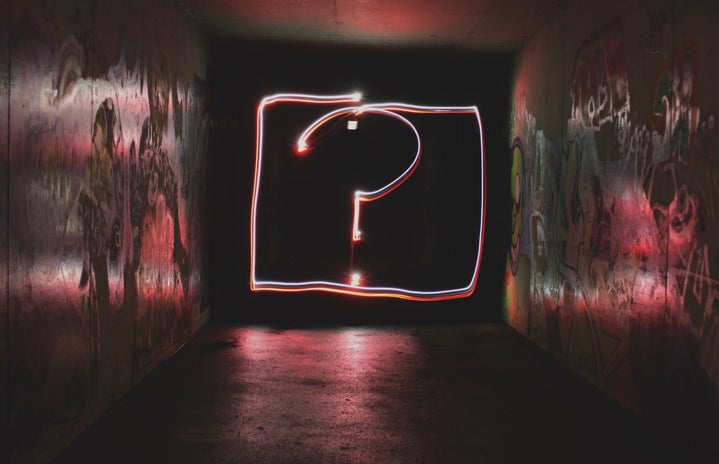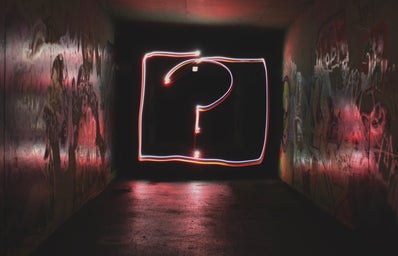Ever since its inception, the human race has evolved into different cultures, religions, regions, communities, and whatnot! Out of this endless list, language holds a significant part in these differences. Language diversity is a fundamental aspect of human culture. Today the world has around seven thousand known languages, with nearly 160 dialects for most spoken languages.
According to the Bible (Genesis 11:1-9), man once spoke a common language. However, soon humans planned to dishonor God, and to prevent this, God created chaos at the Tower of Babel when suddenly, everyone became unable to understand one another. According to Dr. Noam Chomsky, professor of linguistics at the Massachusetts Institute of Technology, “Every language that has ever existed is just a modification of something before it.” If we go by this, the possibility of ever having a single language diminishes significantly. What history then tells us is that there was never a point in time where humans spoke a single language. Linguistic experts are then prompted to ask questions. Was there just a single language that all people could understand? Did early people imitate sounds they heard in the environment? Did they babble until certain sounds took on meaning?
Earlier, humans lived in isolated communities with small populations and agreed on the names of tools and ways to divide resources. With the start of trade and globalization, there was a need to understand other humans and to merge different lexicons, and communicate. Over time, with the rise of migration as an activity, languages developed, and some died out. Growing worldwide interconnectedness has made it impossible to distinguish the multiple reasons that could substantiate the prediction of having a common language.
Apart from the argument of disrespect for native languages and their cultures, what is also missed is the question of which language will be the language of the world. Most linguistic experts consider English a global lingua franca, as it is used as “a global means of inter-community communication.”. Today, the language is spoken by 360 million people as their first language, and almost half a billion speak it as their second language. The numbers make it impossible not to consider English as a language, having the power to dilute different languages. India, which has the highest population speaking English, fears the takeover of English and Western culture. But this is far from easy; the growing phenomenon of “Hinglish” (a mix of English and Hindi words spoken together) on the side has only countered the claim of English dominance. A rich multilingual nation like India has adopted “Hinglish,” which keeps English at the forefront and includes several words from Hindi and other Indian languages.
While British or American English may be the forte of the upper-class/caste, ‘Hinglish’ on the other hand caters to the masses making it more acceptable to a population with English as their second language.
The above example points out that the world might lose some languages with time, but the evolving nature of humans will not lead to the homogenization of culture, especially languages. And how boring would the world become if everyone spoke the same language?


